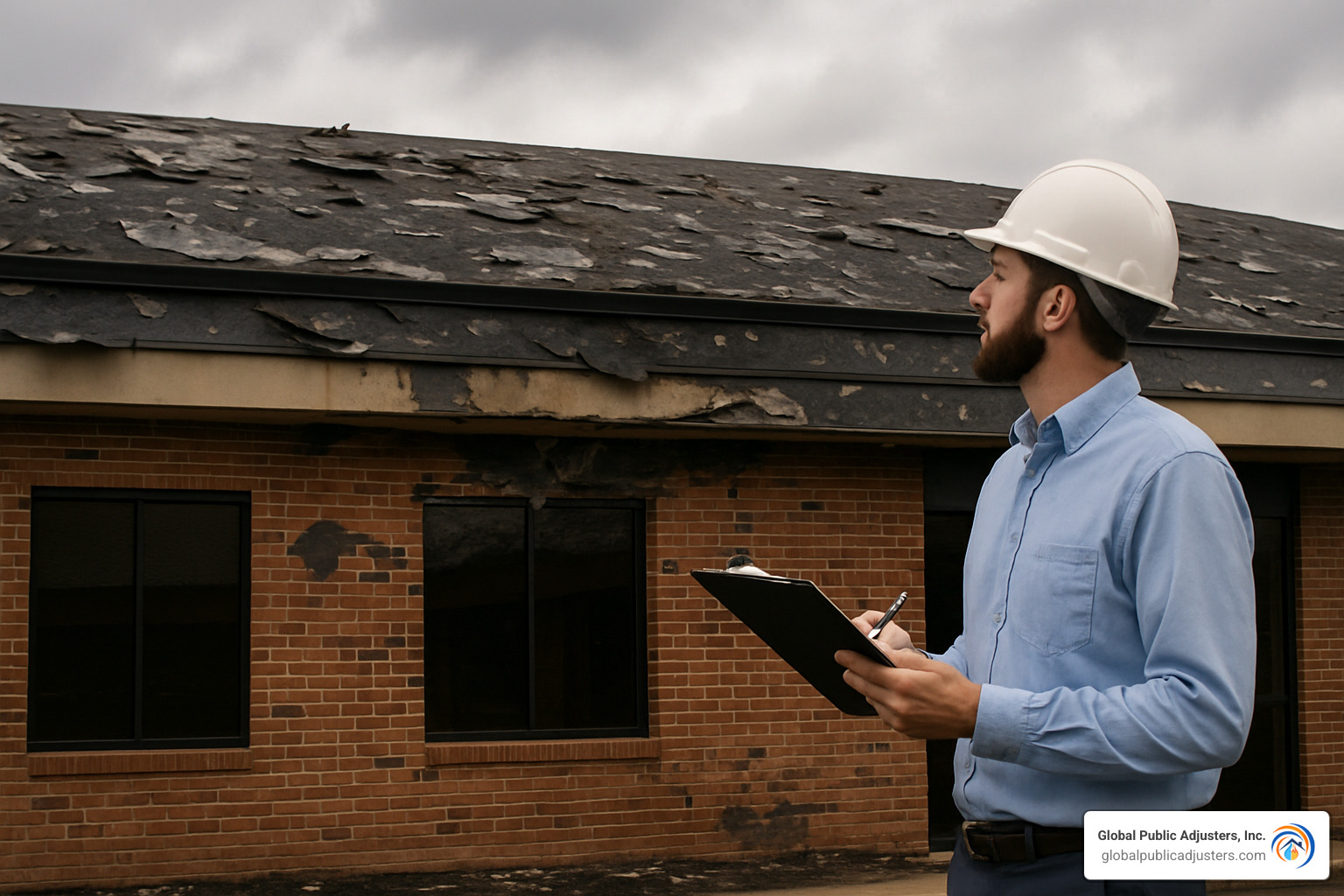For all of your Florida needs, specially in the Orlando, Tampa area. CALL US IMMEDIATELY after having any environmental damage to your property or any water/fire damage.
When choosing an insurance adjuster, it is essential to consider their experience and qualifications. One way to do this is to ask for referrals from friends or family who have used an adjuster in the past. Another important consideration is the adjuster’s fee. Most adjusters charge a percentage of the claim settlement, so it is essential to ask how much the adjuster will charge before signing any contract.
It is also essential to check the adjuster’s licensing and insurance. All public adjusters must be licensed in each state where they practice. In addition, most carry liability insurance in case of an accident or mistake. When your home or property has been damaged, you will need to work with an insurance adjuster to file a claim and receive the compensation you deserve. However, not all insurance adjusters are created equal. To ensure that you are working with the best possible adjuster for your specific situation, follow these tips:
- Check experience and licensing
All insurance adjusters are not created equal. Make sure to check the experience and licensing of the adjuster who will be handling your claim. An adjuster with years of experience in the industry will be more likely to handle your claim efficiently and fairly. Likewise, an adjuster licensed in your state will be familiar with the laws and regulations that apply to insurance claims in your area.
- Interview potential adjusters
Don’t just choose the first insurance adjuster who comes along. Instead, policy holders should take the time to interview several candidates to find the one who is the best fit for your specific situation. Ask questions about their experience, what they think caused the damage, and what they plan to do to help you get compensated for your loss.
- Check references
It’s always a good idea to check references before hiring anyone, including an insurance adjuster. In addition, ask friends or family members if they have ever worked with the adjuster you are considering and what their experience was like. If possible, also speak with other policyholders who have filed claims with that adjuster. By getting feedback from other people who have worked with them, you can get a better idea of what to expect from the adjuster if you hire them.
– Ask around for referrals. A referral from an acquaintance/friend can be highly valuable. If you don’t know anyone who can suggest an adjuster they’ve personally worked with, ask your potential adjuster for some referrals.
-Read reviews online. The National Association of Public Insurance Adjusters (NAPIA) has an Online Directory of Public Adjusters. However, membership does not preclude someone from being a licensed or qualified adjuster for your claim. You can read reviews of public adjusters to get a sense of their reputation.
– Interview potential adjusters. Talk to several likely adjusters before making a decision. Ask them about their experience, what they would do in your situation, and how they would handle the claim process. This will help you understand who would be the best fit for your claim.
– Choose the right adjuster for your needs. Not all insurance adjusters are created equal. Some may specialize in certain types of claims, such as property damage or hurricane claims. Others may have more experience dealing with insurance companies or better reputations with clients. Choose the adjuster who is best suited to handle your specific claim.
– Do your research.
Many public adjusters are out there, so take the time to research different firms before making a decision. Look for companies with experience working with your insurance company, and ensure they are licensed and insured.
– Ask questions.
When you may need an Attorney instead
In some cases, policyholders can handle their insurance disputes without legal help. For instance, suppose you file a claim and receive a proposed insurance settlement that seems unfair. In the latter case, you might be able to negotiate with the insurer yourself. Or, if your adjuster still believes you’re owed a larger settlement, you may be able to turn to litigation.
But there are occasions when it’s wiser to work with an attorney. For example, if the cost of hiring an attorney is worth the desired settlement, then a lawsuit could be the next step. And in some cases, such as when an insurance company won’t pay a claim at all, it’s necessary to have legal representation.
So how do you know when its time to hire an attorney? Here are a few guidelines:
-If the dispute is over a large amount of money, an attorney is likely needed.
-If an attorney represents the other party, you’ll probably want representation too.
-If dealing with the insurance company is causing stress or making you feel overwhelmed, it might be time to get some legal help.
If you’re still not sure whether you need an attorney, it’s best to consult with one. A good lawyer can help evaluate your case and advise you on how to proceed.



